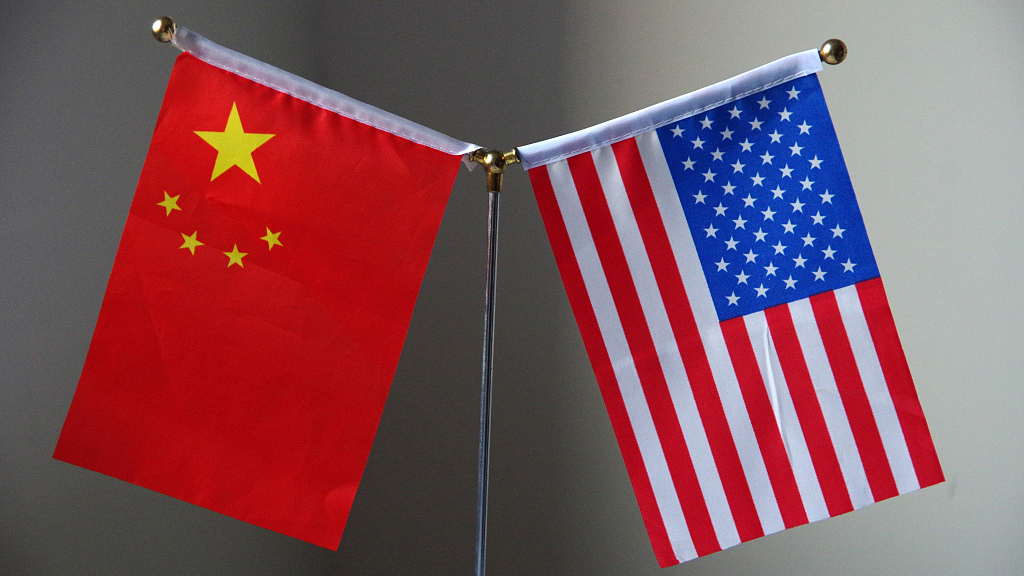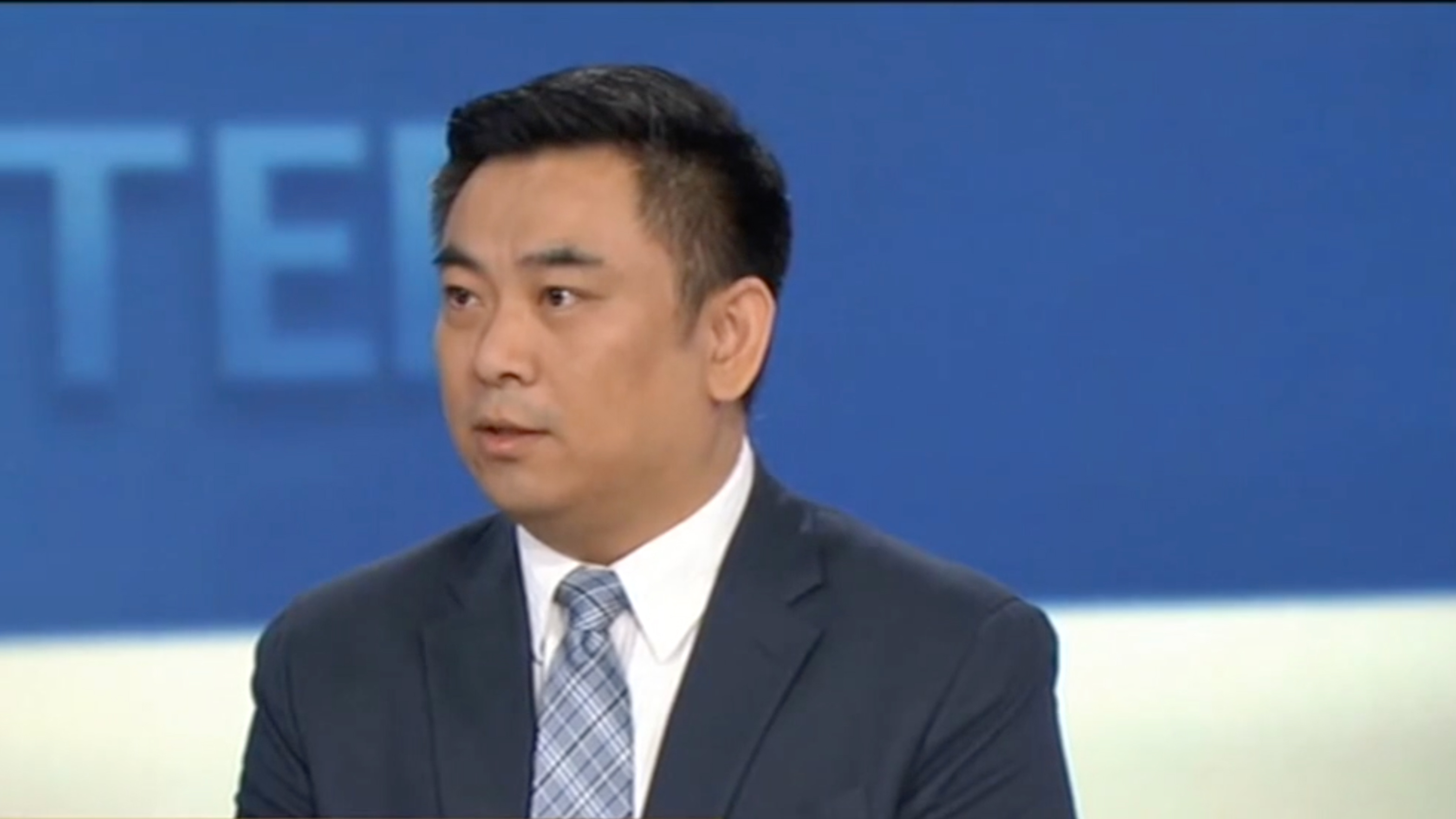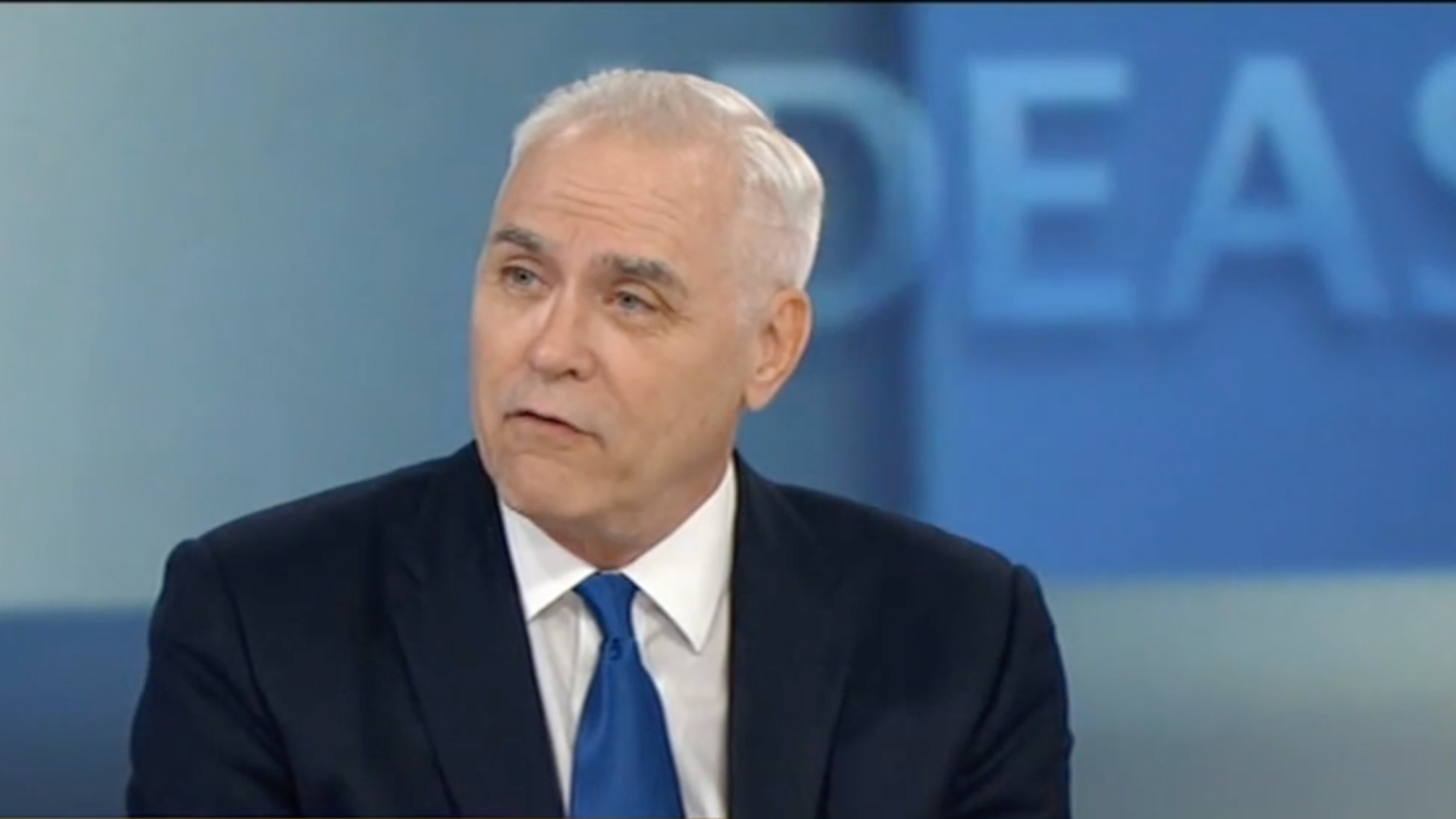01:42

The U.S. agreed to suspend a planned increase of 25 to 30 percent in tariffs on 250 billion U.S. dollars' worth of Chinese goods after the latest round of the trade talks in Washington. Ministry of Foreign Affairs of China said on October 15 that China and the United States hold the same position on reaching an economic and trade deal, which is beneficial to both sides and the world.
But, are we closer to a final settlement that addresses the core points of contention between the two countries?
"Now the important thing is to build trust step by step and by having the track record that both sides can agree upon," said Dr. Zhao Hai, a research fellow at the Chinese Academy of Social Sciences. He pointed out there seems to be a lack of strategic trust between the two countries. Sometimes even if you reach a deal, for instance, as in the previous experience, it's like a déjà vu. And sometimes, it looks like something will happen and we expect an agreement, but then it falls apart before they can reach the final goal.
In that case, "it's making more sense to put the difficult item at the backburner and reserve it for the final negotiations while focusing on things that they can agree upon," said Dr. Zhao.
According to the Xinhua News Agency, the agricultural purchases are just the start. Measures of intellectual property rights protection were also discussed in the discussions and substantial progress was achieved.
Dr. Zhao elaborated that China has already improved on setting up intellectual property courses, and revised its domestic laws. Besides, China will reduce requirements for joint ventures on technology transfer, and allow sole ownership by foreign companies. He said, "China has made a lot of progress, and that made it easier for two sides to address these issues."
Professor Paul Gillis from Peking University indicated that one of the problems of intellectual property rights is that, many times, when companies entered into joint ventures, they had to transfer the technology to their joint venture partner. In his opinion, China's improvement in getting rid of the joint venture requirement for certain industries will help the automotive industry.
Dr. Zhao said that the example of Tesla's fully owned factory in Shanghai is the beginning of the trend. He gave another example of the oil company Exxon Mobil.
00:31

According to Dr. Zhao, there might be some legitimate concerns from the U.S. side, as competition in the Chinese market has been intensified. He thought that American companies are losing some of the ground, so they tend to blame China for that lost field. Then, they started to take technology transfer or IPR issues as issues.
Moreover, he said: "In many ways, we have to differentiate what's the proper requirement for the protection of IPR and tech transfer."
Prof. Gillis echoed that Chinese companies have become more competent, and China now has the largest number of patent applications in the world. Consequently, "China has gone from what we have seen in Twenty years ago that we thought China could not innovate, but now it is the leading innovator," he said.
00:48

Dialogue With Yang Rui is a prime time daily English talk show on CGTN. The 30-minute talk show covers a wide range of domestic and international topics, providing a balanced and critical perspective on current affairs and analysis within the framework of cross-cultural and multi-disciplinary comparisons.
Schedule: Monday-Sunday
Time (GMT): 0330, 1130, 1930
(If you want to contribute and have specific expertise, please contact us at opinions@cgtn.com.)